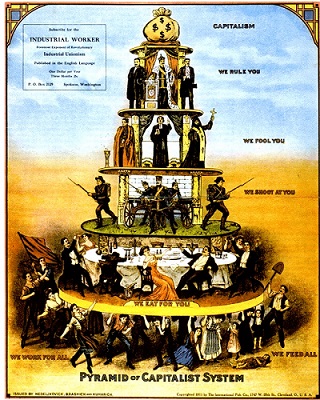Carmine Machismo is an international hedge fund trader and a capitalist. His words move world markets, whether he is trading stocks, buying debt or stripping assets from poor farmers in undeveloped countries.
Right now Carmine is relaxing on his personal island, sitting on his patio in a silk robe and slippers, sipping a piña colada.
He’s done well for himself. It seems like yesterday when the Machismo family emigrated from Cuba. Carmine’s father was a political refugee, escaping the brutal regime of Fidel Castro, while his friends and family were either jailed or executed. Because of his Uncle Pato, the Machismos migrated to Paterson, New Jersey.
Paterson in the early ’80s was like a smaller, run-down version of the Bronx. It had once produced enough textiles to earn the name “Silk City.” And a century before that, Paterson was home to Alexander Hamilton, the father of U.S. finance. By the early 2000s, however, the city had been torn apart by racial tensions and resembled a war zone. Homes were abandoned and factories shut down. Women resorted to using their bodies to feed their families.
Paterson was the streets at their basest level. If you were not strong, you would be someone’s prey. There were no do-overs or second chances on the streets. An argument could escalate to a shooting. Talent alone wasn’t a guarantee for escape. In Paterson there were many stars that shined brighter than Carmine Machismo. Yet he succeeded where others failed because he had role models in his life.
Carmine did not seek the a life of finance; he was seduced by it. When the young Machismo was a teenager, he began playing poker at Johnny’s Pizzeria in Passaic, New Jersey. He was not a novice for long and soon became a card shark. He learned the odds, angles and percentages. He began hustling people from pool to chess. At 21 years old, he made more money in one year of hustling the tables than his father did struggling at a factory. But his father, Catholic and traditional, cared more about the youth’s values than his income. He threatened to put Carmine out of the house if he didn’t stop gambling.
Everything changed when a man suggested that Carmine abandon gambling and try playing the stock market. He was a natural-born trader and began raking in money from stocks, bonds and derivatives. Even when markets caved, such as in 2008, Carmine seemed to be on the right side of every trade. Eventually, people asked him to manage their money, and Carmine Machismo became a hedge fund trader.
As Carmine approaches middle age with every human comfort and no financial limits, he has begun to reflect on the impact of the system that has afforded him such luxury. His capital has assassinated dictators, financed wars and starved many third-world countries. Capitalism is winner-take-all: mega profits for some and a deteriorating quality of life for everyone else. The whole system runs on materialism rather than compassion for humanity.
Carmine’s parents passed on their Catholic faith to him. He believes in God and wants to get to heaven. But as he sips his piña colada and stares into the waves, Carmine Machismo is haunted by Jesus’s words from the New Testament: “It is easier for a camel to pass through the eye of a needle than for a rich man to enter the kingdom of God.”







